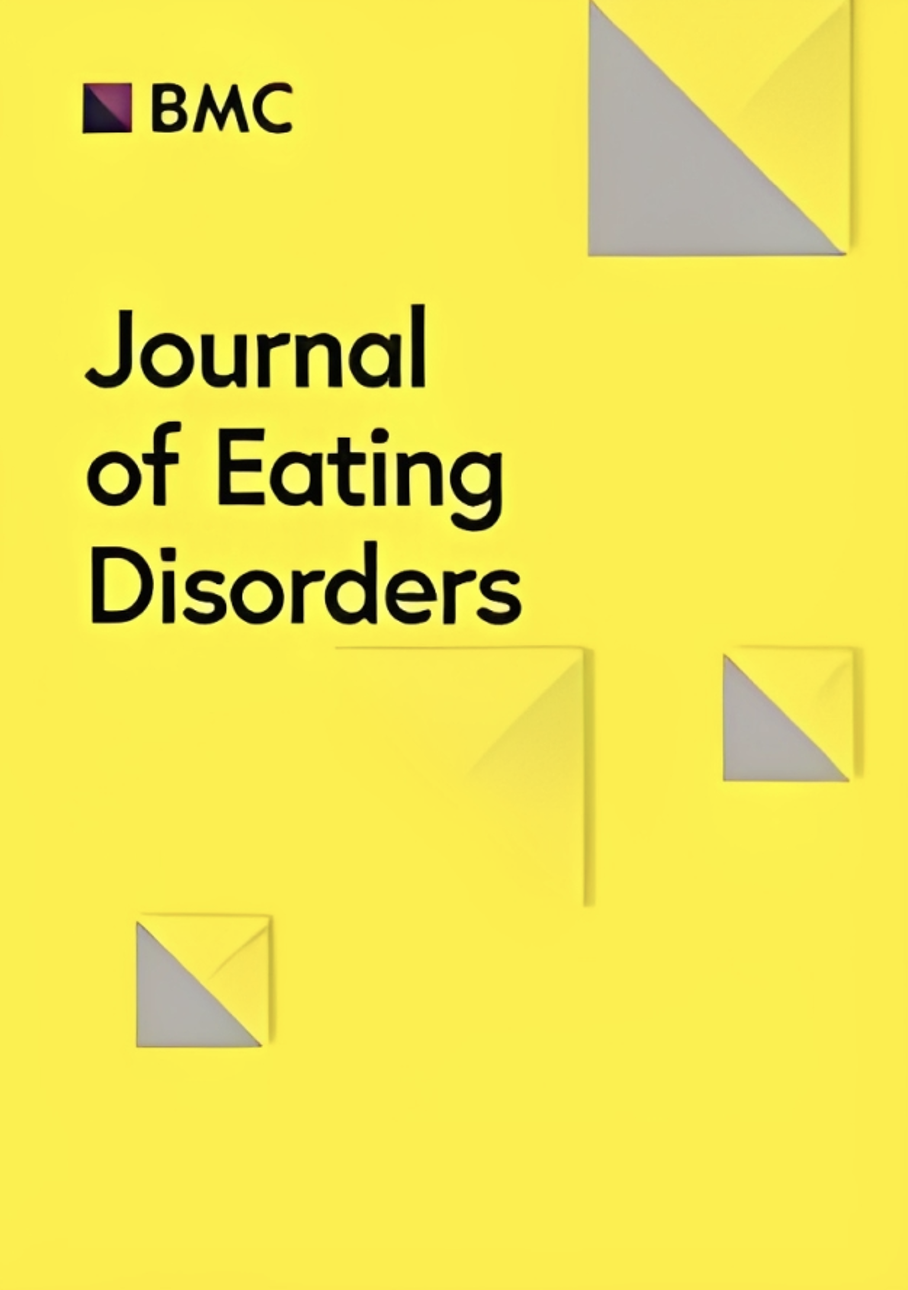Background
There are a range of complex risk factors associated with the onset, development, and course of eating disorders. Understanding these risk factors is vital for our understanding of how and why eating disorders develop, which may inform targeted, evidence-based prevention, early intervention, and treatment programs.
Methods
ScienceDirect, PubMed and Ovid/Medline were searched for studies published between 2009 and mid 2021 in English. High-level evidence such as meta-analyses, large population studies and Randomised Control Trials were prioritised through purposive sampling. Data from selected studies relating to risk factors for eating disorders were synthesised in narrative format and are disseminated in the current review. For more information on the Rapid Review methods, see https://jeatdisord.biomedcentral.com/articles/10.1186/s40337-022-00556-3
Results
An extensive amount of research has been conducted, much of which has examined associations or correlations between risk factors and eating disorder onset, with limited prospective or experimental research assessing the causal nature of the risk factors identified. Most studied factors therefore can currently only be considered correlates of disordered eating and eating disorders. More long-term and cause-effect research is needed to further our understanding of eating disorder development, allowing for enhancement of existing interventions.
Conclusion
An extensive amount of research has been conducted, much of which has examined associations or correlations between risk factors and eating disorder onset, with limited prospective or experimental research assessing the causal nature of the risk factors identified. Most studied factors therefore can currently only be considered correlates of disordered eating and eating disorders. More long-term and cause-effect research is needed to further our understanding of eating disorder development, allowing for enhancement of existing interventions.
